- Women's Health
- Cetaphil
- Botulinum
- Diabetes
- Human Albumin
- Anti Malarial
- Dermal fillers
- Chemical Peels
- Nephrology Segment
- Kidney / Liver Care
- Anti Cancer
- Altus Product's
- Pharmaceutical Products
- Anti Fungal
- Hepatitis
- Beauty & Skin Care
- Asthma
- Modafinil
- Urology Segment
- Thyroid Care
- Armodafinil
- HIV Medicines
- Weight Loss
- Naltrexone
- Anti Emetic
- Neuropathic Pain
- Mens Health
- Hair Loss
- Pain Relief
- HCG Injections
- Quit Smoking
- Pharmaceutical Vaccine
- Best Selling Products
- Anti Viral
- Bimatoprost
- Antibiotics
- Anti-Cancer
- Armodafinil
- Bimatoprost
- Botulinum
- Dermal Fillers
- Hepatitis
- Mens-health
- Modafinil
- Naltrexone
- ANTI EMETIC
- Altus Product’s
- Anti Fungal
- Anti Malarial
- Anti Viral
- Antibiotics
- Asthma
- Beauty & Skin Care
- Cetaphil
- Chemical Peels
- Diabetes
- Hair Loss
- HCG Injections
- HIV Medicines
- Human Albumin
- Kidney / Liver Care
- Neuropathic Pain
- Pain Relief
- Pharmaceutical Products
- Pharmaceutical Vaccine
- Quit Smoking
- Thyroid Care
- Weight Loss
- Women’s Health
- Women's Health
- Cetaphil
- Botulinum
- Diabetes
- Human Albumin
- Anti Malarial
- Dermal fillers
- Chemical Peels
- Nephrology Segment
- Kidney / Liver Care
- Anti Cancer
- Altus Product's
- Pharmaceutical Products
- Anti Fungal
- Hepatitis
- Beauty & Skin Care
- Asthma
- Modafinil
- Urology Segment
- Thyroid Care
- Armodafinil
- HIV Medicines
- Weight Loss
- Naltrexone
- Anti Emetic
- Neuropathic Pain
- Mens Health
- Hair Loss
- Pain Relief
- HCG Injections
- Quit Smoking
- Pharmaceutical Vaccine
- Best Selling Products
- Anti Viral
- Bimatoprost
- Antibiotics
No products in the cart.
Return To Shop$41.03 – $89.74Price range: $41.03 through $89.74
GP 0-5 Tablet Glimepiride 0-5 mg
GP 0.5 Tablet belongs to a group of medicines called sulfonylureas and is used to treat type 2 diabetes mellitus in adults. It helps control blood sugar levels in people with diabetes thereby preventing serious complications of diabetes such as kidney damage and blindness.
Have questions?
Call : +91 9002 1002 33
GP 0.5 Tablet Glimepiride 0.5 mg
| COUNTRY OF ORIGIN | India |
|---|---|
| DOSAGE FORM | Tablets |
| GENERIC NAME | Glimepiride |
| INDICATION | Treatment of Type 2 diabetes mellitus |
| PACKAGING | 10 tablets in 1 strip |
| MANUFACTURER | USV Ltd |
| COMPOSITION | Glimepiride (0.5mg) |
PRODUCT INTRODUCTION
GP 0-5 Tablet Glimepiride 0-5 mg belongs to a group of medicines called sulfonylureas and is used to treat type 2 diabetes mellitus in adults. It helps control blood sugar levels in people with diabetes thereby preventing serious complications of diabetes such as kidney damage and blindness.
GP 0-5 Tablet Glimepiride 0-5 mg may be used alone or along with other medicines. It should be taken just before or with the first meal of the day. Take it regularly at the same time each day to get the maximum benefit. Your doctor will decide what dose is best for you and this may change from time to time according to your blood sugar levels.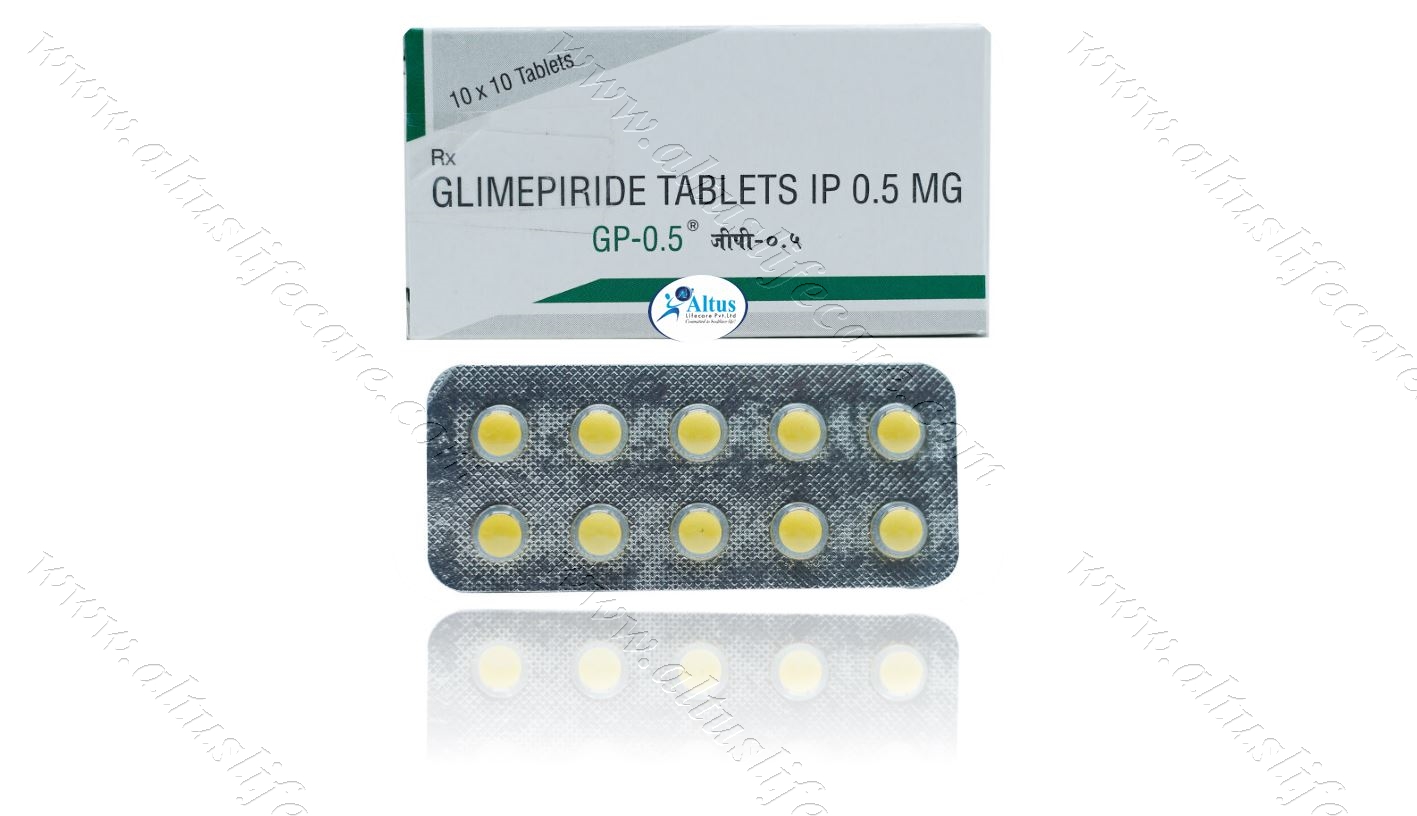
Keep taking this medicine, even if you feel well or your blood sugar levels are controlled. If you stop it without consulting your doctor, your blood sugar levels could rise to put you at risk of diabetes complications such as kidney damage, blindness, nerve problems, and loss of limbs. Remember that it is only part of a treatment program that should also include a healthy diet, regular exercise, and weight reduction as advised by your doctor. Your lifestyle plays a big part in controlling diabetes.
The most common side effects of taking this medicine include low blood sugar levels (hypoglycemia), nausea, headache, and dizziness. Make sure you recognize the signs of having low blood sugar levels, such as sweating, dizziness, headache, and shaking, and know how to deal with them. To prevent this, it is important to have regular meals and always carry a fast-acting source of glucose such as sugary food or fruit juice with you. Drinking alcohol can also increase your risk of low blood sugar levels and hence should be avoided. Some people may experience an increase in weight with this medicine.
You should not take it if you have type 1 diabetes mellitus, diabetic ketoacidosis (high levels of acid in your blood), or if you have severe kidney or liver disease. Before taking this medicine, tell your doctor if you have ever had heart disease, thyroid disease, or some hormonal conditions, as it may not be suitable. Pregnant or breastfeeding women should also consult their doctor before taking it. Your blood sugar levels should be checked regularly and your doctor may also advise blood tests to monitor your blood cell counts and liver function.
“Tailoring Treatment: Individualizing Glimepiride Use”
Tailoring treatment plans by individualizing Glimepiride use is crucial for optimizing outcomes. This paragraph explores the customization of Glimepiride regimens based on patient-specific factors, ensuring a personalized approach to diabetes management.
“Breaking Barriers: Glimepiride in Special Patient Populations”
Recognizing the diverse needs of special patient populations, this paragraph discusses how Glimepiride breaks barriers by addressing the unique challenges these groups may face in diabetes management. By examining considerations for pregnant women, elderly patients, and individuals with comorbidities, healthcare professionals can ensure that Glimepiride is a viable and safe option for all.
Signs and Symptoms of Type 2 Diabetes Mellitus: Identifying Initial Metabolic Unbalance
Focus on identifying the initial signs of metabolic unbalance associated with Type 2 Diabetes Mellitus. Explore how recognizing these signs early on can contribute to proactive health measures and prevention.
Blueprints for Better Health: Drug for Diabetes Mellitus Type 2 Odyssey
Serving as blueprints for improved health outcomes, this odyssey examines how the drug contributes to structured and effective approaches in Diabetes Mellitus Type 2 management, creating a pathway for better overall health.
Diabetes Mellitus Medications: Comprehensive Medication Insights for Better Health
Delve into comprehensive insights into medications for better health outcomes in diabetes care. This guide explores the depth of medication knowledge, providing individuals with the information needed to make informed decisions for optimal health.
Updates on Pancreatic Islet Transplantation for Treatment of Type 2 Diabetes Mellitus
Providing the latest advancements in transplantation, this section offers updates on pancreatic islet transplantation for the treatment of Type 2 Diabetes Mellitus. By exploring the potential of islet transplantation to restore insulin production, the discussion contributes to evolving strategies for diabetes management.
“Meds for Diabetes Mellitus Type 2: A Holistic Medication Approach for Improved Wellness”
Embrace a holistic approach to medication use for achieving improved wellness in the context of Type 2 Diabetes. This guide explores how medications can be integrated into a holistic wellness plan, considering lifestyle factors and individual preferences for a well-rounded and sustainable approach to health.
Medications for Diabetes Mellitus Type 2: Medication Breakthroughs and Innovations
– Stay updated on the latest breakthroughs and innovations in diabetes medications. Join us in this blog for discussions on emerging medications, exploring how new advancements contribute to the evolving landscape of type 2 diabetes management.
DM Type 2 Medications: Medication Wisdom for Enhanced Diabetes Management
Gain valuable wisdom regarding medications aimed at enhancing the management of diabetes in individuals with Type 2 Diabetes. Explore how this wisdom contributes to improved blood sugar control and overall diabetes care.
USES OF GP TABLET
- Treatment of Type 2 diabetes mellitus
BENEFITS OF GP 0-5 Tablet Glimepiride 0-5 mg
In Treatment of Type 2 diabetes mellitus
GP 0.5 Tablet increases the amount of insulin your body produces (in the pancreas). The insulin then works to lower your blood glucose level. It is usually taken once a day. You should keep taking it for as long as it is prescribed.
Lowering blood glucose levels is an essential part of managing diabetes. If you can control the level you will reduce the risk of getting any of the serious complications of diabetes such as kidney damage, eye damage, nerve problems, and loss of limbs. Taking this medicine regularly along with proper diet and exercise will help you live a normal, healthy life.
SIDE EFFECTS OF GP 0-5 Tablet Glimepiride 0-5 mg
Common side effects of GP
- Hypoglycemia (low blood glucose level)
- Headache
- Nausea
- Dizziness
HOW TO USE GP 0-5 Tablet Glimepiride 0-5 mg
HOW GP TABLET WORKS
SAFETY ADVICE GP 0-5 Tablet Glimepiride 0-5 mg

Alcohol

Pregnancy

Breast feeding
Monitoring of the breastfed infant’s blood glucose is advisable during maternal therapy with GP 0.5 Tablet

Driving

Kidney
Use of GP 0.5 Tablet is not recommended in patients with severe kidney disease. These patients can experience very low blood sugar levels which may become normal after a long time.

Liver
However, the use of GP 0.5 Tablet is not recommended in patients with severe liver disease. These patients can experience very low blood sugar levels which may become normal after a long time.
WHAT IF YOU FORGET TO TAKE GP TABLET?
| Pack Size | 200 Tablet/s, 300 Tablet/s, 400 Tablet/s, 500 Tablet/s |
|---|
3 reviews for GP 0-5 Tablet Glimepiride 0-5 mg
Related products
Resof-L Tablet | Ledipasvir | Sofosbuvir
From: $256.41Cimivir 400mg Tablet | Sofosbuvir 400mg
From: $243.59Hepcvir Tablet | Sofosbuvir 400mg
From: $153.85Ledviclear Tablets | Ledipasvir | Sofosbuvir
From: $243.59Daunotec 20mg Injection | Daunorubicin
From: $54.55Cabgolin Tablet (Cabergoline)
From: $50.65Alphalan Tablets (Melphalan)
From: $74.03People also bought
-

Benoquin 40 Cream | Monobenzone 40%
From: $154.77 -
 From: $38.38
From: $38.38 -
 From: $40.05
From: $40.05 -

Aziderm 10% Cream 15gm | Azelaic Acid 10%
From: $39.26
Our Services
Shipping
Shipping at Discounted Price
Money Returns
Return Within 30 Days
Secure Payment
Safe & Secure Payment
Support 24/7
Contact 24 Hours Day
From: $41.43
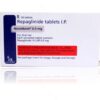
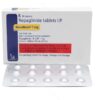
From: $47.27
- Anti-Cancer
- Armodafinil
- Bimatoprost
- Botulinum
- Dermal Fillers
- Hepatitis
- Mens-health
- Modafinil
- Naltrexone
- ANTI EMETIC
- Altus Product’s
- Anti Fungal
- Anti Malarial
- Anti Viral
- Antibiotics
- Asthma
- Beauty & Skin Care
- Cetaphil
- Chemical Peels
- Diabetes
- Hair Loss
- HCG Injections
- HIV Medicines
- Human Albumin
- Kidney / Liver Care
- Neuropathic Pain
- Pain Relief
- Pharmaceutical Products
- Pharmaceutical Vaccine
- Quit Smoking
- Thyroid Care
- Weight Loss
- Women’s Health

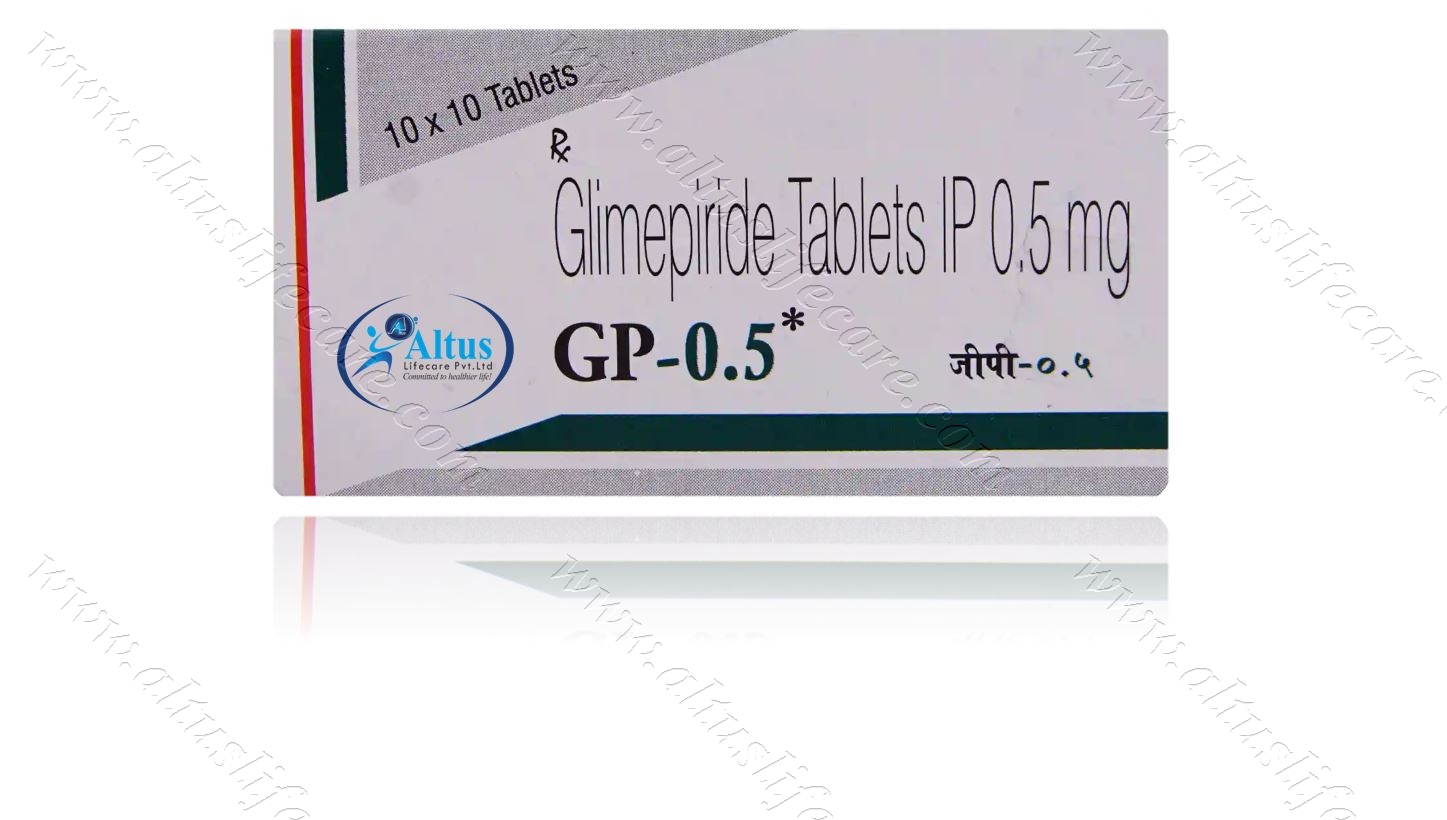

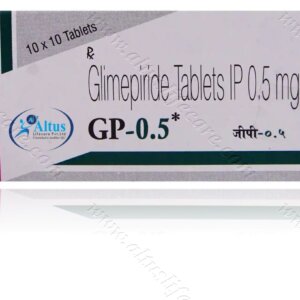

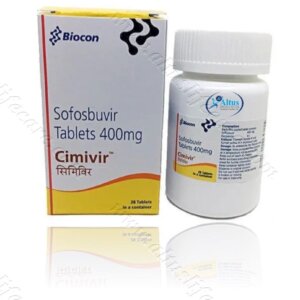

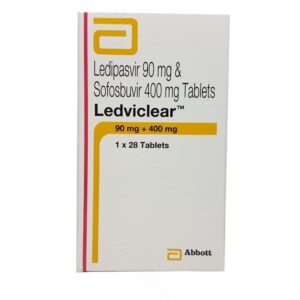





Briar (verified owner) –
Type 2 diabetes has prompted me to engage in ongoing self-education, staying informed about emerging research and treatment options.
Thalia (verified owner) –
“Quality that speaks volumes, and the shipping was a breeze!”
Diane (verified owner) –
“The attention to detail in both the product quality and packaging is remarkable. It arrived in perfect condition!”